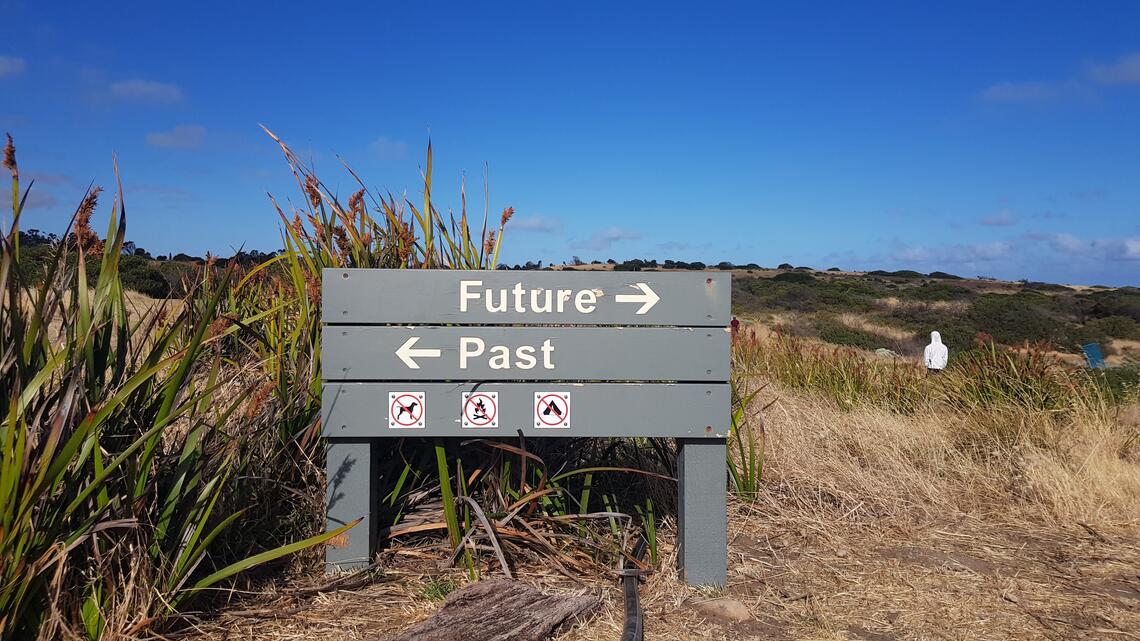
Here’s the scene: you are about a month into a new relationship. You and your partner are strolling down a moonlit beach, antiquing in the Left Bank, striding toward the peak of Mt. Whitney, or doing whatever you think would be an intense bonding activity. Honestly, it can just be sitting at home on your couch, but since it costs as much to imagine an exotic locale as a pedestrian one, I figured I’d let you splurge.
Wherever you are, you finish giving this relatively new intimate their first look into part of your personality that not everyone sees. They smile knowingly, look you in the eyes, and say, “My ex used to talk a lot about that, too.”
Feeling taken aback, you change the subject, but again, your partner shares more history with their ex. What they liked to listen to. What they liked on their waffles. Where they went to school. You keep trying to change the subject, to talk about your own experiences together, but that ex keeps on showing up everywhere.
How would you feel?
likely, not great. Either your new partner is stuck in the past, or this ex was so great, you could never possibly live up to them.
Most of us are sensitive enough not to ruminate about our romantic past when our present (and future) is sitting in front of us. But sometimes, when we are new to campus, we have a tendency to constantly discuss our previous institution, which is in a way the same thing.
Sharing information about our last job is understandable. After all, whoever hired us was impressed enough about what we did there to take a chance on us. And, in a new setting, it feels good to have a familiar anchor. But often, talking too much about the past can do more harm than good.
Author Amy Gallo touches on such a situation in her excellent book Getting Along: How to Work with Anyone (Even Difficult People). She describes how a newly-hired manager’s penchant for beginning each sentence with “At my last job…” was alienating his peers. When he did it twice in a fifteen conversation with the author, she was able to explore the reasons for this behavior, which boiled down to insecurity over his new position.
Incessantly talking about a former institution is off-putting for several reasons.
First, it sets up a comparison between the past and the present, with the implication that there is something lacking in the present. Second, it can suggest that present company is not engaging enough to maintain one’s full attention. Third, it shows an unwillingness to jump in with both feet and immerse oneself in the new. Fourth, it is possible that previous experiences aren’t the best map for the current reality. Specifically, UNLV has historical, political, and regulatory idiosyncrasies that don’t always track with those of other institutions. Just because a solution worked elsewhere does not mean it will necessarily be ideal at UNLV–not because either institution is objectively better or worse, but because they are different.
Naturally, there are often legitimate reasons to discuss past experiences. It would be foolish to ignore a major chunk of your professional life just because your new colleagues might potentially be insecure enough to take offense at your mentioning it occasionally. And that’s the key word here: occasionally. As a reference point that directly touches on a current issue, mentioning your past is fine. But when it’s at the beginning, end, and sometimes middle of every conversation, that’s just too much.
How can you make sure you’re not “previousing” others? Keep track of how often you mention your previous institution. The answer might surprise you. If it is more than once per hour, it might be a good idea to start talking more about your current institution.
What if someone else is stuck at their previous institution? First, you can let them finish reminiscing and then ask, “And how could that be applied here?” If you are on a friendly basis, you can call it out playfully (if you’re on a strictly professional basis, this might backfire badly, though). If you are in a supervisory role, you may want to take them aside and share how the constant callbacks aren’t helping the cause. Finally, you could ask, “Does anything here remind you of that?” and pivot the conversation back to the present. Hopefully, the person gets the hint.
If they don’t get the hint, you’ve got a choice: does the distraction caused by constantly hearing about that previous promised land outweigh the potential offense they might take at you directly asking them to stop? If the answer is yes, you are now facing a difficult conversation (Don’t worry—the Ombuds Office has a workshop for that). If it’s no, you will have an excellent chance to practice patience. When you look at it like that, it could be a win/win, albeit a frustrating one.
Still annoyed? It’s possible that the problem isn’t only the previousing, but how you and this person relate to each other. It is likely that your hackles are raised by these strolls down memory lane because you are already on edge. In other words, you are in a conflict.
And if you are in a large or small conflict, it helps to have someone to talk to. Luckily, at UNLV, you have someplace where you can talk about the issue without judgement or any permanent record. Whether you are a student, faculty member, or other UNLV employee, the Ombuds Office has many resources available to help you through any conflict or communication issue you might be facing. If you are having an issue and are uncertain where to go, it is an excellent zero-barrier first stop.
If you would like to talk privately and confidentially about any work- or campus-related concern, please make an appointment with the Ombuds. Our door is always open.
David G. Schwartz
UNLV Ombuds